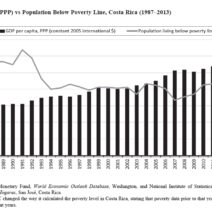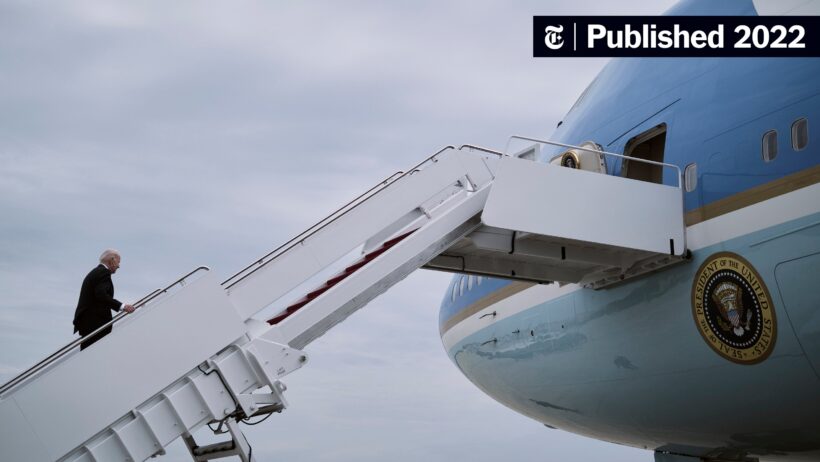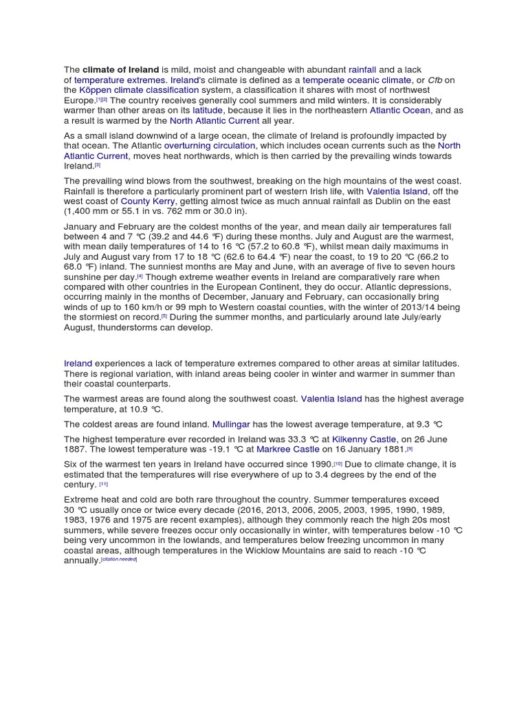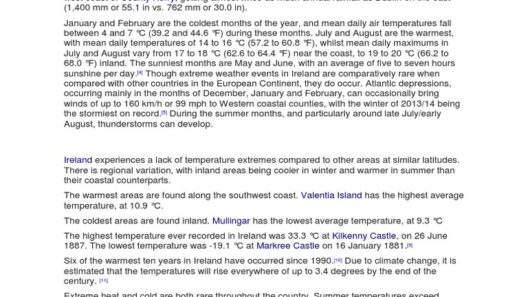In the grand tapestry of global climate action, America occupies a paradoxical position—like a lighthouse flickering in the distance, casting uncertainty and hope alike. As wildfires rage, icebergs melt, and cities endure unprecedented flooding, the pertinent question arises: what is America really doing about climate change? Is there tangible progress, or are we merely spectators to an ostentatious display of green rhetoric? To unravel this conundrum, one must delve deep into the myriad ways the United States approaches its climate responsibilities.
Firstly, let us consider the legislative fabric woven over decades, punctuated by both progress and setbacks. A significant milestone came with the signing of the Paris Agreement in 2016, a watershed moment that signaled a willingness to unite against climate change—a collective *we* against a common enemy. However, political oscillations have marred continuity in climate policy. The withdrawal from this agreement during prior administrations cast a long shadow, emphasizing the fragility of commitments when they are politically expedient. Today, efforts to reinstate and amplify America’s pledge illustrate a tug-of-war between idealism and realism.
Moreover, the introduction of ambitious legislation, such as the Inflation Reduction Act, indicates a shift towards a more proactive stance. Tailored incentives for renewable energy adoption, electric vehicle expansion, and carbon capture technologies reflect an awakening to the need for a sustainable economic model. Each provision represents a step toward a greener horizon, akin to planting seeds of hope in a barren landscape. But do these seeds hold the potential to blossom into a lush garden, or will they wither under the weight of reality?
Transitioning to the corporate sector reveals another layer of complexity. Many American businesses are exhibiting a new consciousness about their environmental footprints, catalyzed by both consumer demand and ethical imperatives. Corporations once rooted in fossil fuels are pivoting towards sustainable alternatives, akin to a majestic oak tree shedding its leaves in favor of new growth. Companies like Tesla have spurred a transformation in the automotive industry; electric vehicles now symbolize not just innovation but a cultural shift towards sustainability.
However, corporate greenwashing remains a significant challenge. Many organizations tout their environmental initiatives only to fall short of genuine commitment. This dissonance between communication and action often obscures the once-clear signal of progress, leading to skepticism and apathy among the public. As discerning consumers, vigilance is paramount; transparency and integrity must be the hallmarks of corporate sustainability.
On a more grassroots level, community-driven initiatives are flowering across the nation. Local organizations, activists, and concerned citizens are banding together to spearhead sustainability efforts. Whether it’s urban gardening, community clean-ups, or advocating for local policies, these initiatives coherently stitch the fabric of change at the local level. This grassroots movement reflects tenacity and hope: ordinary individuals transforming their neighborhoods into bastions of environmental responsibility. But can these localized efforts amass enough strength to incite broader systemic change, or are they simply droplets in an ocean of indifference?
Despite the optimistic undercurrents, America grapples with an intellectually austere discourse surrounding climate science. A substantial portion of the populace remains skeptical, influenced by the capricious tides of misinformation and political ideology. This climate of denialism often stymies meaningful dialogue and progress. In a society yearning for clarity, the cacophony of conflicting narratives drowns out the clear, resounding message of urgency. Education and communication serve as potent tools for enlightenment, but their deployment remains uneven and often hindered by socio-political divides.
Internationally, America’s role as a climate leader is increasingly scrutinized. The U.S. possesses both the resources and the responsibility to facilitate global climate initiatives. However, the perception of America as a reliable leader is fraught with complexity. International cooperation can serve as a double-edged sword; while alliances can bolster collective action, they also expose domestic inconsistencies. When America stabilizes its commitments, it can inspire other nations to follow suit, creating a domino effect that benefits the planet as a whole.
In essence, America’s journey through the labyrinthine terrain of climate change embodies a duality—hope mingled with skepticism. There are commendable strides toward sustainability, yet these efforts occasionally falter under prevailing political and corporate influences. The confluence of legislation, corporate responsibility, grassroots activism, and international relations creates an intricate mosaic where progress and challenge exist side by side.
This intricate interplay beckons individuals to assess their roles within this unfolding narrative. Each act of sustainability, whether minute or monumental, interweaves with others to create a broader impact—like threads in a vast quilt. As the urgency of climate change intensifies, fostering an informed, engaged, and proactive citizenry becomes paramount. One cannot merely stand idly by while the earth bears the consequences of human folly.
In conclusion, the trajectory America takes in addressing climate change is neither a straightforward path of triumph nor a hopeless descent into chaos. It embodies a constant struggle between hope and hype, action and inaction. By engaging in dialogue, supporting meaningful legislation, and embracing sustainable practices, America can transform the flickering light of uncertainty into a beacon of resolute progress. The challenge lies not just in action but in sustaining the momentum toward a greener future, ensuring that today’s commitments do not fade into tomorrow’s forgotten promises.







